
Ingredient
Vanilla flavour
The Sweet Essence: Unveiling the Magic of Vanilla Flavour
Vanilla flavour is derived from the vanilla bean, a tropical orchid native to Mexico. It is characterized by its rich, sweet, and creamy taste, with subtle floral undertones. The flavour is often described as warm and comforting, with a hint of caramel and spice. In terms of texture, vanilla flavour is typically smooth and velvety, enhancing the overall mouthfeel of dishes. Its appearance is a dark brown liquid or powder, depending on the form it is available in.
Origins and history
Vanilla flavour has a fascinating history that dates back to the ancient Mayans and Aztecs, who used vanilla beans to flavor their chocolate beverages. It was later introduced to Europe by Spanish conquistadors in the 16th century. Today, vanilla is primarily cultivated in Madagascar, Tahiti, and other tropical regions around the world. Its popularity has soared over the centuries, making it one of the most beloved and widely used flavors globally.
Nutritional information
Vanilla flavour is low in calories and does not provide significant amounts of nutrients. However, it adds a burst of flavor to dishes without contributing excessive calories or fat.
Allergens
Vanilla flavour is generally considered safe for most individuals and is not a common allergen. However, some people may have sensitivities or allergies to specific components of the flavoring, such as vanillin.
How to select
When purchasing vanilla flavour, look for reputable brands that use high-quality vanilla beans in their production process. Opt for pure vanilla extract or natural vanilla flavoring rather than artificial alternatives. Check the label for any additional ingredients or additives that may affect the quality or taste of the flavoring.
Storage recommendations
To maintain the freshness and quality of vanilla flavour, store it in a cool, dark place away from direct sunlight and heat sources. Avoid exposing it to moisture, as it can cause the flavoring to deteriorate. Properly stored, vanilla flavour can retain its potency for several years.
How to produce
Vanilla flavour is typically produced through a complex extraction process that involves soaking vanilla beans in alcohol or a solvent to extract the aromatic compounds. This process is best left to professionals, but vanilla enthusiasts can experiment with making their own vanilla extract at home by infusing vanilla beans in vodka or another high-proof alcohol.
Preparation tips
Vanilla flavour is incredibly versatile and can be used in both sweet and savory dishes. It is commonly used in baking, adding depth and complexity to cakes, cookies, and pastries. It also pairs well with dairy-based desserts, such as ice cream and custards. In savory dishes, a touch of vanilla flavour can elevate sauces, marinades, and even certain meat dishes. When using vanilla flavour, start with a small amount and gradually adjust to achieve the desired taste.
Culinary uses
Vanilla flavour is a staple in baking, where it is used to enhance the taste of cakes, cookies, muffins, and other sweet treats. It is also a key ingredient in ice cream, custards, and puddings, providing a creamy and aromatic base. Additionally, vanilla flavour can be incorporated into beverages like coffee, hot chocolate, and smoothies for an extra layer of indulgence.
Availability
Vanilla flavour is widely available in grocery stores, supermarkets, and specialty food stores worldwide. It is also commonly used in various cuisines, making it accessible in most regions.
More ingredients from this category » Browse all
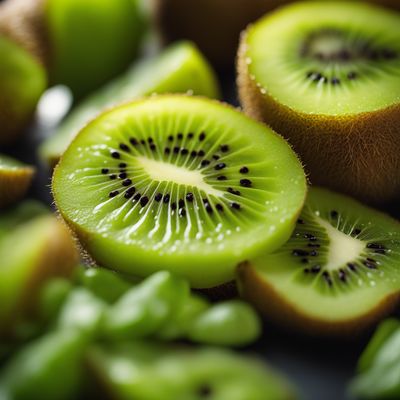
Kiwi flavour
The Tangy Delight
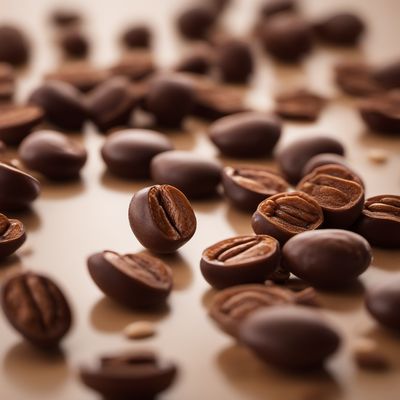
Carob flavouring
Carob Flavouring: A Natural Alternative

Cola flavour
The Essence of Fizzy Delight
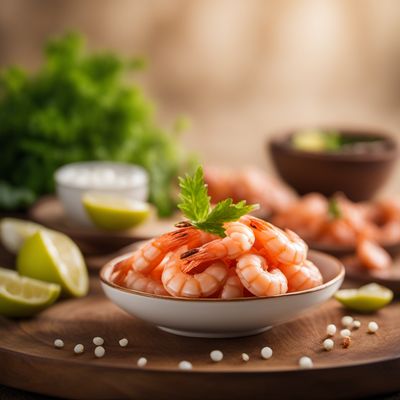
Shrimp flavour
The Essence of the Sea

Raffaello flavour
The Delicate Bliss: Raffaello Flavour

Rosemary flavour
The Aromatic Herb
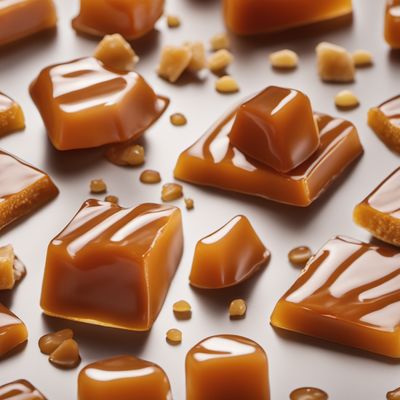
Caramel flavour
The Sweet Symphony of Caramel

Brandy flavour
"The Essence of Brandy: Unleashing the Spirit of Flavor"

Macadamia flavour
"The Nutty Elixir: Unveiling the Delightful Macadamia Flavor"

Sour flavour
The Tangy Twist: Unveiling the Secrets of Sour Flavour
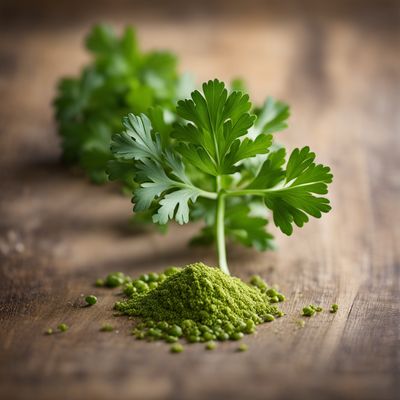
Parsley flavour
The Versatile Herb: Parsley's Flavorful Impact on Culinary Delights
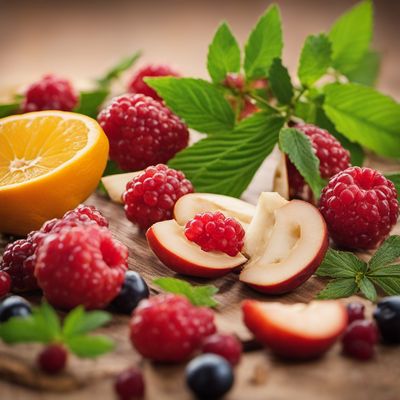
Fruits of the forest flavour
Enchanting Blend: Unveiling the Fruits of the Forest